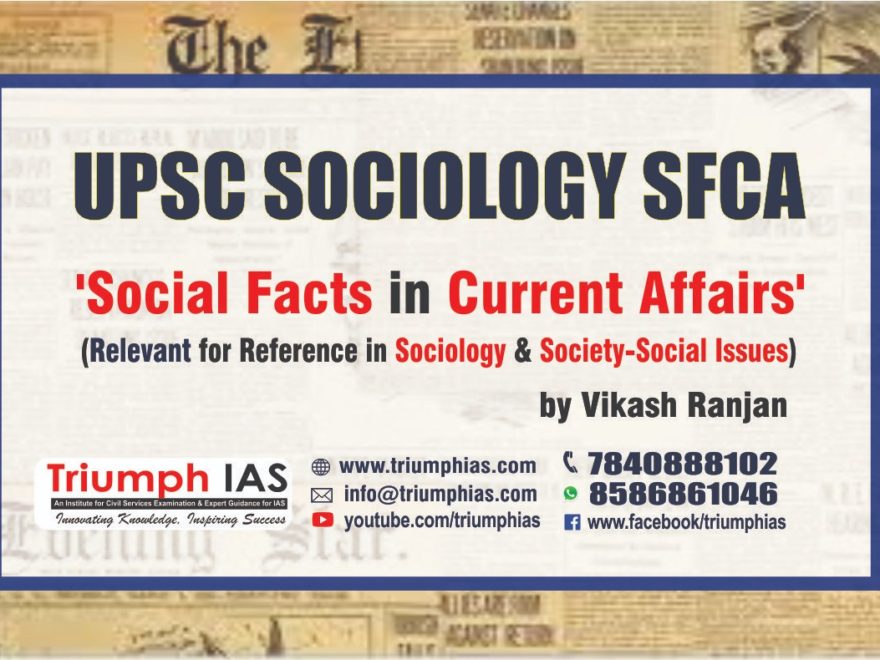NEP 2020
- The Union Cabinet approved and announced the National Education Policy (NEP) 2020 on 31 July 2020. This is the first education policy of the 21st century to replace the 34 old National Policy on Education (NPE), 1986.
- The policy aims at universalization of education from pre-school to secondary level with 100 per cent Gross Enrolment Ratio (GER) in school education by 2030.
Here are 15 highlights of the New Education Policy 2020
- The 5+3+3+4 system:The 10+2 structure of school curricula is to be replaced by a 5+3+3+4 curricular structure corresponding to ages 3-8, 8-11, 11-14, and 14-18 years respectively. This will include 12 years of schooling and three years of Anganwadi and pre-schooling.
- Schooling from 3 years: From the age of 3, children will be part of Early Childhood Care and Education (ECCE).
- Updation of libraries: A National Book Promotion Policy will be formulated, and extensive initiatives will be undertaken to ensure the availability, accessibility, quality of books.
- Inclusion of mother tongue/regional language:The mother tongue or local or regional language will be the medium of instruction in all schools up to Class 5 (preferably till Class 8 and beyond), according to the NEP.
- Concept of Bal Bhavans: Every state or district will be encouraged to establish ‘Bal Bhavans’ as a special daytime boarding school, to participate in art-related, career-related, and play-related activities.
- Digitalization of Credit: This to be established for digitally storing academic credits earned from different HEIs so that these can be transferred and counted towards final degree earned.
- Multiple entries and exit points in higher education: The new policy will have multiple entry and exit points. Under the four-year programme, students can exit after one year with a certificate, after two years with a diploma and a Bachelor’s degree after three years and Bachelor’s with research after 4 years.
- Affiliation of colleges will be phased out in 15 years.
- By 2030, the minimum degree qualification for teaching will be a 4-year integrated B.Ed. degree.
- No space for rote learning; The board exams for class 10 and 12 will continue. However, the board exams will be made ‘easier’ as they will primarily test core capacities, competencies rather than months of coaching or memorization.
- Changes in report card:A 360-degree, multidimensional report card that will reflect in great detail the progress and uniqueness of each learner in the cognitive, affective, and psychomotor domains. The progress card will include self-assessment, peer assessment, and teacher assessment.
- Internationalization of education: NEP has paved the way for foreign universities to set up campuses in India. Internationalization of education through both institutional collaborations as well as student and faculty mobility.
- NEP ends science-commerce-arts streams: NEP has eliminated the rigid separation of streams. Students will now be able to choose subjects like history and physics at the same time in class 11 and 12.
- National Educational Technology Forum: An autonomous body, the National Educational Technology Forum (NETF), will be created to provide a platform for the free exchange of ideas on the use of technology to enhance learning, assessment, planning, administration.
- National Testing Agency: The National Testing Agency (NTA) will conduct entrance examinations for admissions to universities across the country. As per the NEP 2020, the entrance exam to be conducted by the NTA for admission to universities and colleges will be optional.


One comment